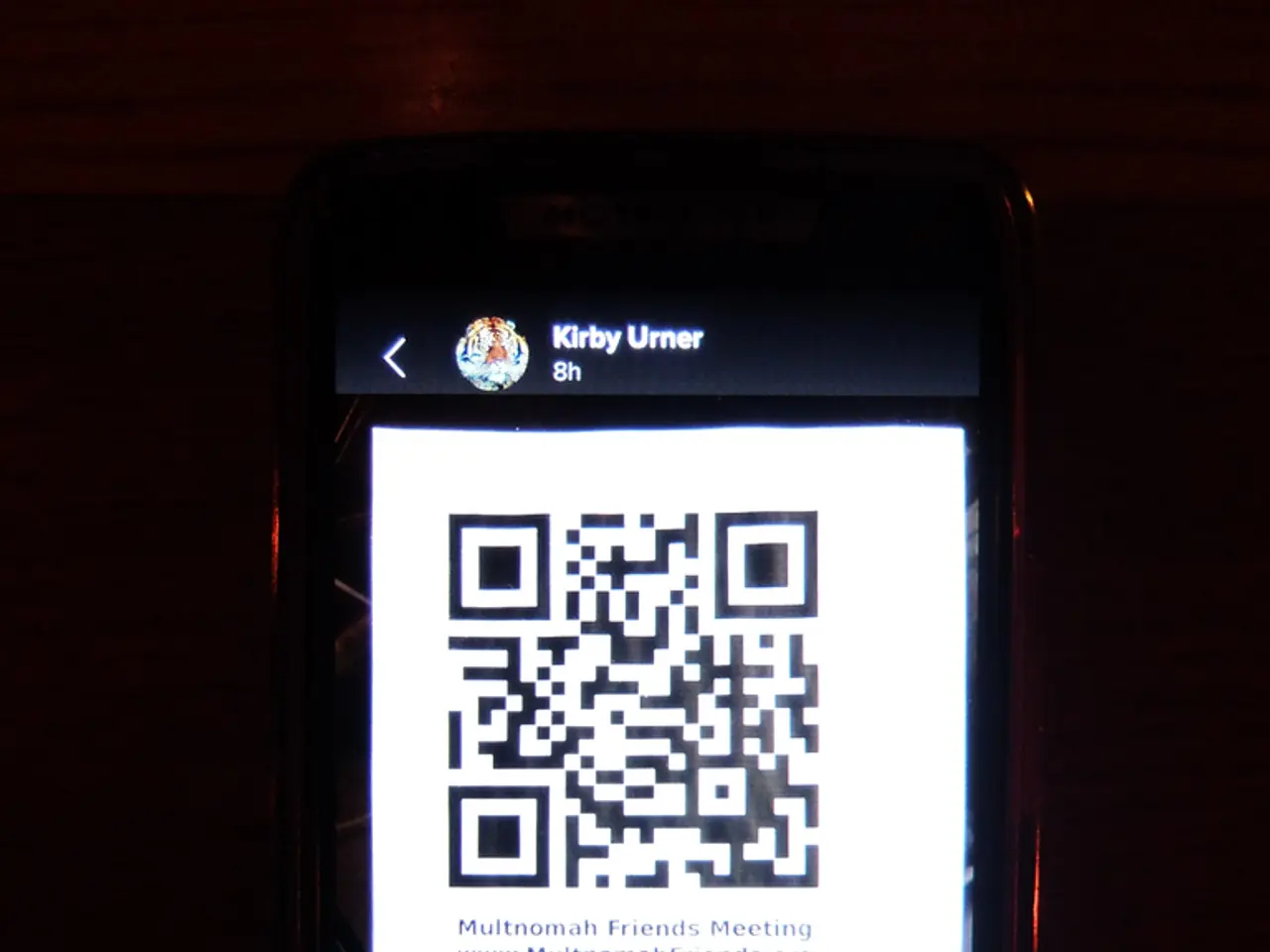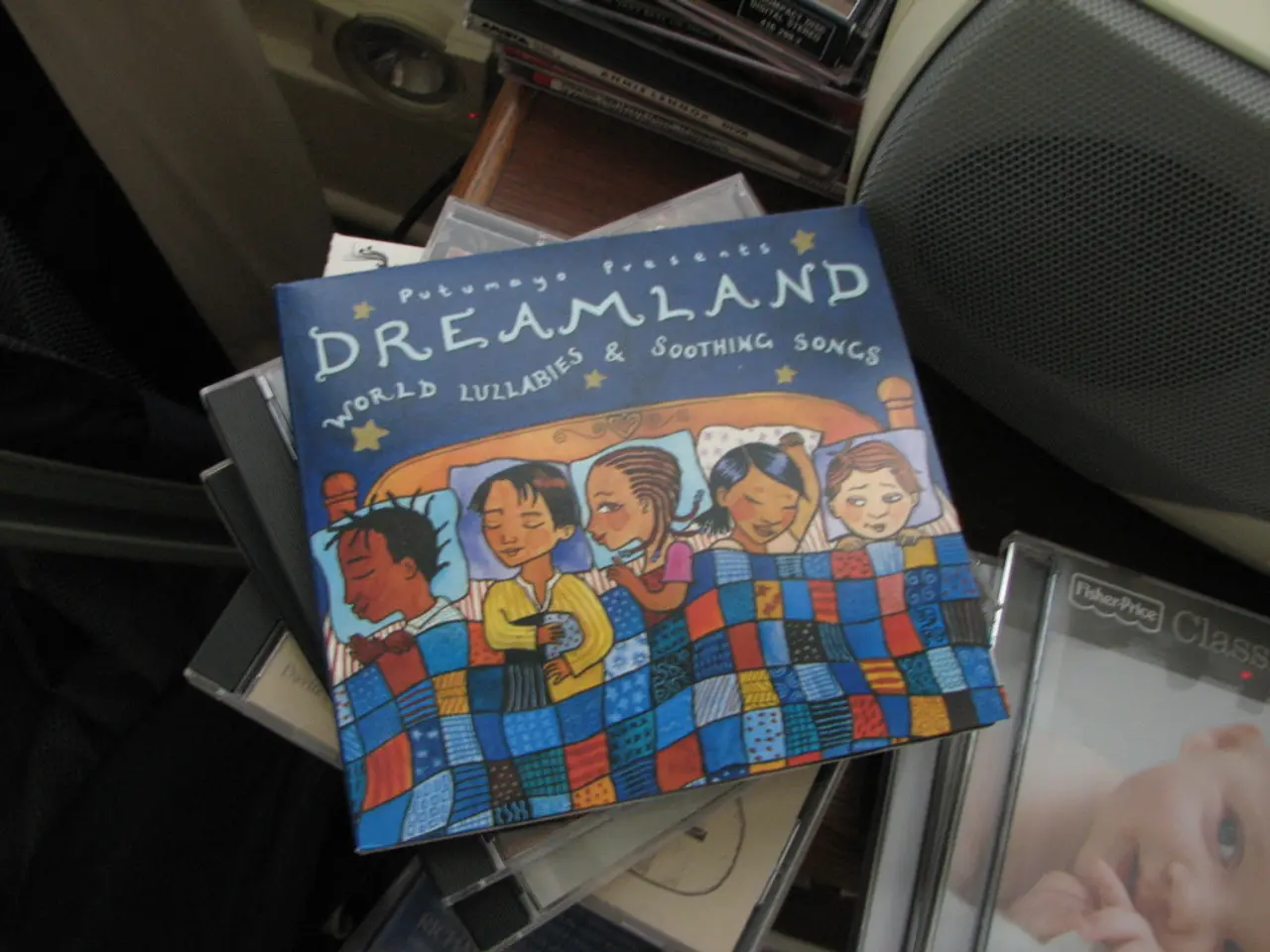Financial Revolution in Africa vs Traditional Bank Cards: Why Alternatives Are Preferred
=========================================================================================
Sub-Saharan Africa is witnessing a surge in the use of QR code-based mobile payment systems, with the technology becoming an increasingly notable element in the digital payments ecosystem. This rapid growth is particularly evident in informal markets and retail settings.
According to recent data, QR code usage has grown by over 300% since 2020 [2][4]. Despite this significant increase, only about 20% of adults in the region made digital merchant payments in 2024, suggesting that cash still dominates retail commerce [1].
The popularity of QR codes stems from their accessibility and affordability. They provide a low-cost solution for faster, safer payments without requiring expensive point-of-sale (POS) infrastructure, making them suitable for micro, small, and medium enterprises (MSMEs) and informal traders [3][5].
In the realm of iGaming and related informal markets, the expanding mobile money and QR code infrastructure is facilitating more seamless financial transactions across various digital platforms. This growth in digital payments, including QR codes, is essential for sectors like iGaming that depend on quick, secure, and easy-to-use payment systems [3].
The digital payments economy in Africa is projected to reach $1.5 trillion by 2030 [3], a significant increase that would enhance business scale and consumer financial access in both informal and formal markets. This implies strong growth potential for QR code payments within this framework.
Companies like Kazang, which operates through over 150,000 informal vendors across Southern Africa, are driving this fintech revolution. Kazang's POS devices enable vendors to sell digital products instantly, manage balances and inventory in real time, and accept card or mobile money payments [6].
Moreover, these vendors offer prepaid electricity, airtime, gaming credits, and bill payment services, making them an essential part of everyday life for many Africans. People trust and now rely on these vendors for financial access [7].
In conclusion, while QR code-based mobile payments are gaining ground, they remain in an early phase of replacing cash in everyday transactions, especially in informal and iGaming-connected markets in Sub-Saharan Africa. However, the potential for growth is immense, with the digital payments economy expected to expand significantly in the coming years.
- The growth in QR code usage in mobile money transactions in Sub-Saharan Africa is crucial for sectors like iGaming, as it provides a more seamless financial inclusion in the informal digital economy.
- The expanding mobile money and QR code infrastructure is not only essential for quick, secure, and easy-to-use payment systems in iGaming, but also catalyzes business opportunities for MSMEs and informal traders.
- The digitization of transactions through mobile money and QR codes is set to revolutionize lifestyles in Sub-Saharan Africa, as it brings about faster, safer, and more affordable finance solutions for various consumer needs, from airtime to bill payments.




